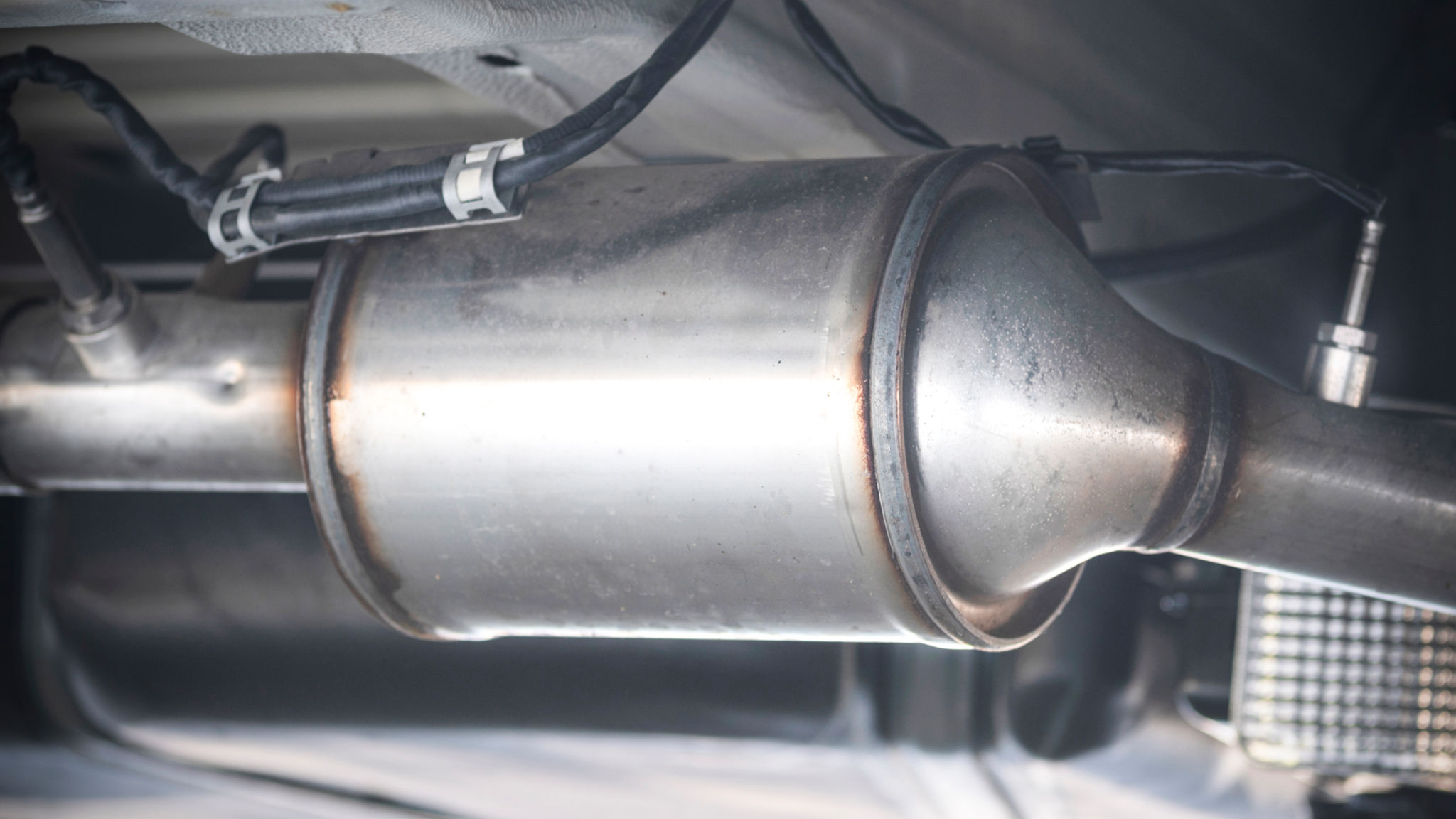Expert Insights: Understanding the Importance of DPF Cleaning in Vehicle Maintenance
SS
What is a Diesel Particulate Filter (DPF)?
The Diesel Particulate Filter, commonly referred to as DPF, is a critical component in modern diesel engine vehicles. It serves to reduce emissions by trapping and storing soot produced from the engine. Over time, this soot accumulates and requires regular cleaning to ensure the vehicle continues to perform efficiently.
Understanding the importance of DPF cleaning is crucial for vehicle owners who want to maintain their vehicles' health and longevity. Neglecting this essential maintenance can lead to decreased performance and costly repairs.

The Role of DPF in Vehicle Performance
DPFs play an essential role in controlling the environmental impact of diesel vehicles. By capturing harmful particulates before they are released into the atmosphere, DPFs help reduce carbon emissions and contribute to cleaner air. However, when these filters become clogged with soot, the vehicle's performance can significantly decline.
Clogged DPFs can cause a reduction in engine power, increased fuel consumption, and even trigger warning lights on the dashboard. Therefore, regular cleaning or regeneration of the DPF is necessary to ensure the vehicle runs smoothly and meets emission standards.

Signs Your DPF Needs Cleaning
There are several indicators that your vehicle's DPF may require cleaning. Some of these signs include:
- Reduced engine performance
- Increased fuel consumption
- Warning lights on the dashboard
- Strange odors from the exhaust
- Frequent regeneration cycles
If you notice any of these symptoms, it is advisable to seek professional assistance to assess and clean your vehicle’s DPF.
Methods of DPF Cleaning
There are primarily two methods for cleaning a DPF: passive and active regeneration. Passive regeneration occurs automatically when the vehicle is driven at high speeds for extended periods, allowing the exhaust temperature to rise and burn off the collected soot.
Active regeneration, on the other hand, is initiated by the vehicle's onboard computer system and involves injecting extra fuel into the engine to increase the exhaust temperature. In some cases, manual cleaning by a professional may be required for severely clogged filters.

Benefits of Regular DPF Cleaning
Regular DPF cleaning offers numerous benefits, including improved fuel efficiency, enhanced engine performance, and reduced emissions. By ensuring that the DPF is kept clean, vehicle owners can enjoy a smoother ride and avoid costly repairs down the line.
Moreover, staying on top of DPF maintenance helps in extending the lifespan of the filter itself, ultimately saving money and reducing environmental impact.
Expert Tips for Maintaining a Clean DPF
Experts recommend a few strategies for maintaining a clean DPF:
- Avoid short trips: Short drives prevent the engine from reaching optimal temperatures needed for passive regeneration.
- Use quality fuel: High-quality diesel reduces soot production.
- Regularly schedule maintenance checks: Professional inspections can catch early signs of clogging.
Adhering to these tips can greatly enhance your vehicle's performance and prolong the life of your DPF.

Conclusion
Understanding and prioritizing DPF cleaning is vital for anyone operating a diesel vehicle. Not only does it ensure that your vehicle remains in peak condition, but it also contributes positively to environmental efforts by reducing harmful emissions. By staying informed and proactive, you can enjoy better vehicle performance while also playing a part in preserving air quality.
If you're unsure about your vehicle's DPF status, consulting with an automotive professional can provide peace of mind and expert guidance tailored to your specific needs.
